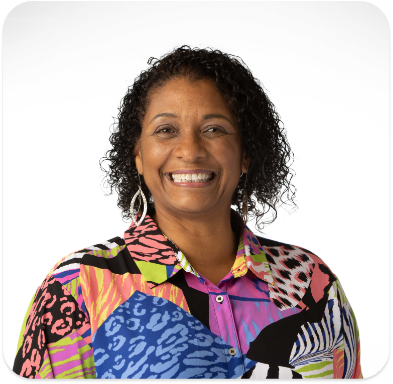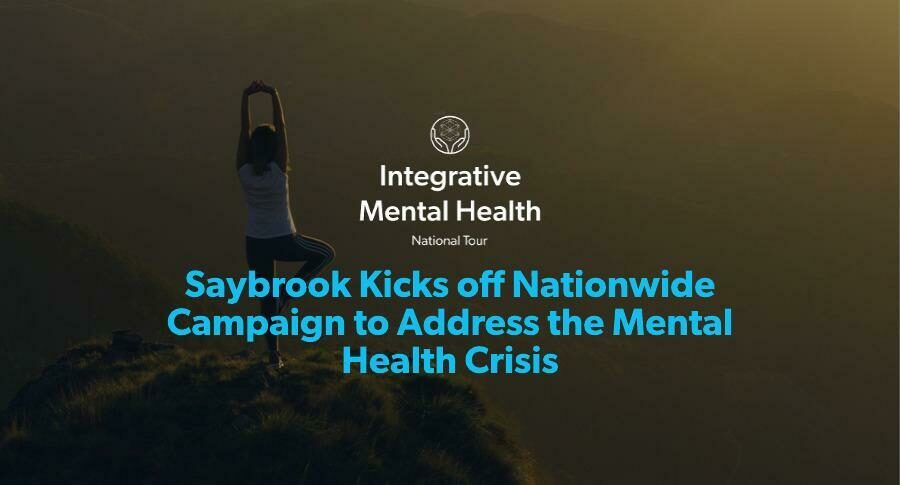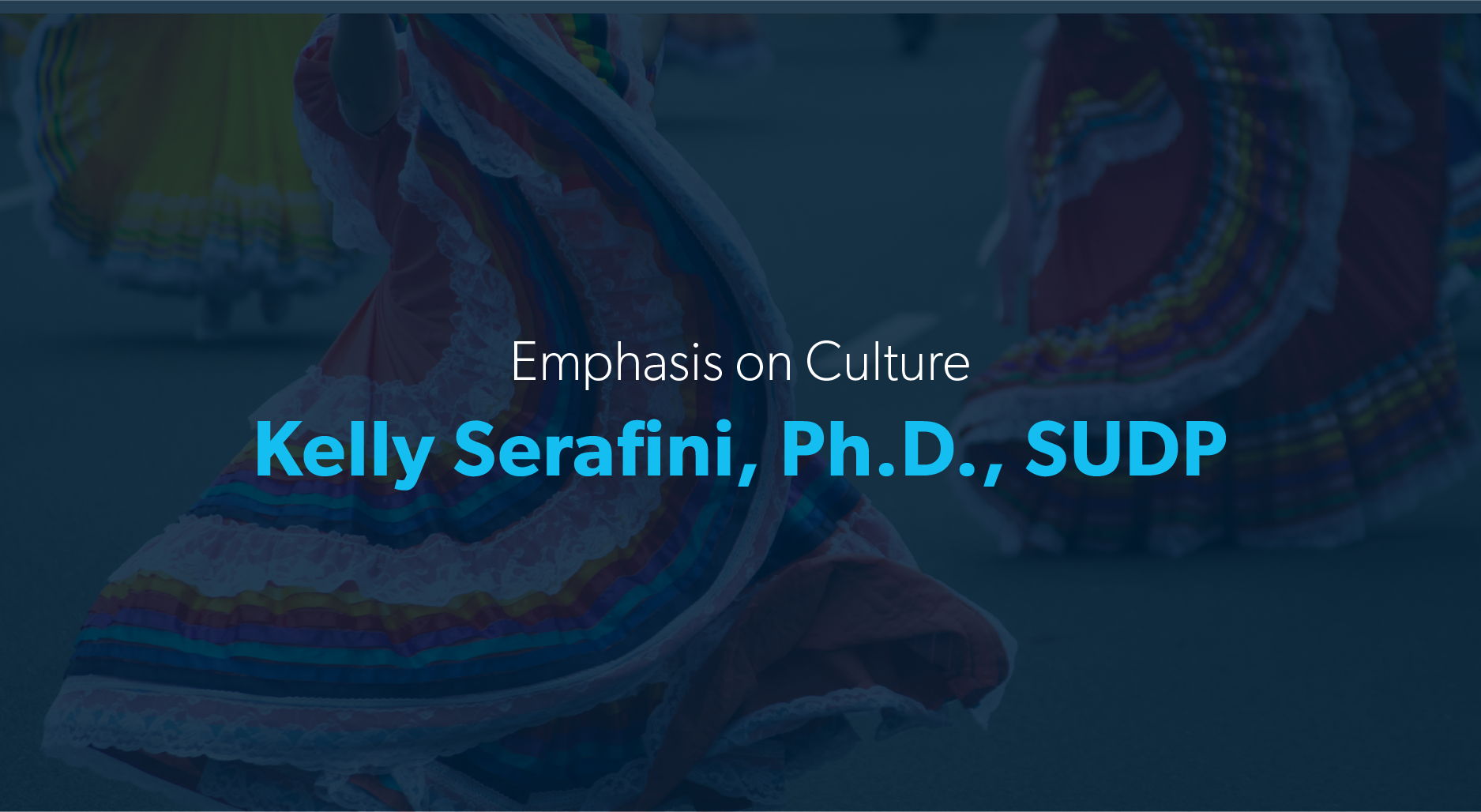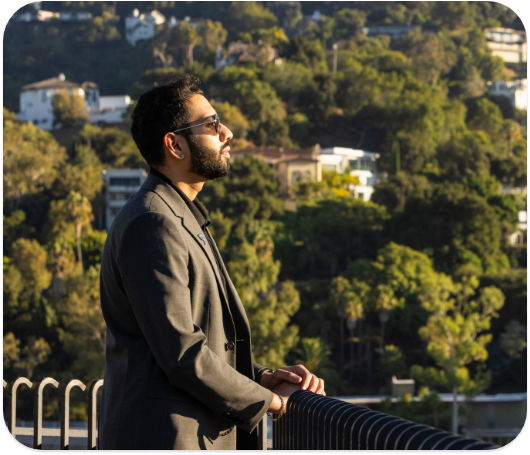Facilitate the Innate Capacity To Heal and Grow
Our Complex Trauma and the Healing Process Online Certificate honors the traditional approaches to complex trauma, while exploring alternative and creative insights, such as spiritual, somatic, and cultural perspectives. Within the online trauma recovery certification curriculum, you will explore a spectrum of healing processes for those suffering from the intricate, complex, and often tragic impacts of suicide, violence, abuse, cultural displacement, combat, and more. For those driven to deeply understand and heal others, this certificate program bridges the gap in education surrounding traumatic stress, effective and innovative healing processes, and the rising need for humanistic and integrative strategies to deal with trauma-related issues.
Additional Certificate Programs
Interested in another certificate program? We offer programs that may align more closely with your goals.
- Clinical and Applied Hypnosis Certificate
- Contemplative End- of- Life Care Certificate
- Creativity, Innovation, and Leadership Certificate
- Foundations of Existential-Humanistic Practice Certificate
- Biofeedback Certificate
- Integrative and Functional Nutrition Certificate
- Integrative Wellness Coaching Certificate
- Mind-Body Medicine Certificate
- Neurofeedback Certificate
- Stress Management Education Certificate
- Legal Studies Certificate
Complex Trauma and the Healing Process Certificate Job Outcomes
Upon completion, you will have an enhanced skill set and deepened perspective to enhance services that you may currently offer as a licensed practitioner or to find opportunities within other roles and settings. These may include:
- Mental health clinics
- Hospitals
- Schools
- Community organizations
- Nonprofits
- Trauma therapist
- Trauma-informed care coordinator
- Trauma-informed educator
- Researcher
Program Components
Admissions Requirements
Applicants who are Saybrook students in good standing may register for this certificate through the registrar as an addition to their current curriculum. Saybrook students in good standing are not required to submit additional documents for application. Saybrook student applicants for the certificate must be master’s or doctoral students in any Saybrook University master’s or doctoral program.
Students-at-large who have completed the required student-at-large application through the Registrar’s Office may register for individual courses within the certificate program; however completing these courses does not result in earning the certificate.
Prospective students who hold a master’s degree from an accredited institution are eligible to apply to the Complex Trauma and the Healing Process Certificate program. Prospective students must provide the following:
- Professional resume or CV
- Official transcript from an accredited master’s degree program
- Personal statement
It is preferred, but not required, that applicants have some professional experience relevant to complex trauma or healing modalities.
Invest in Your Future
Saybrook University remains committed to keeping higher education affordable and accessible. Our Financial Aid Department is ready to offer guidance and support in determining suitable financial assistance tailored to your needs, including potential scholarship opportunities, grants, and more.
Cost
Saybrook wants you to have the information you need to make an informed decision about your academic and career aspirations. Our cost calculator provides an estimated cost of attending Saybrook to earn your Complex Trauma and the Healing Process Certificate.
Sample Courses
Perspectives and Foundations of Traumatic Stress
In this three-credit course, students are given an introduction to the historical and foundational aspects of trauma and complex trauma, how they are conceptualized, and their impact on a person’s psychological, social, physical and spiritual well-being. Specific impacts of traumatic stress at different points in the life span will be explored. Current psychological, alternative/complementary, and biomedical perspectives on trauma are integrated into this richly packed journey of knowledge.
Traumatic Stress within Cultures and Self
This three-credit course will explore traumatic stress as experienced and understood across different multicultural identities, including race/ethnicity, gender, sexuality/attractionality, class, disabilities and religion. Historical traumas (psychological injuries experienced by cultures over extended periods of time) and their contemporary impacts on contemporary society will be reviewed. Group and individual-level resiliency and growth strategies in response to these chronic stressors will be identified.
Trauma: Mind, Body, and Spiritual Dynamics
The focus upon the mind-body connection in the understanding and achievement of well-being is an approach spanning thousands of years in contemplative practices and ancient traditions. In this three-credit course, students evaluate and engage in an exploration of the theory and effects of trauma within the mind and body. Spiritual dynamics involved in traumatic stress, as well as implications for psychospiritual growth, when affected by traumatic stress are explored.
Catalog
Please refer to our academic catalog for more information on the Complex Trauma and the Healing Process Certificate program.
University Learning Experience
Our Complex Trauma and the Healing Process Certificate is a 100% online program. While the core of this program is completed asynchronously, there are some optional synchronous, online features designed to deepen your educational experience. We call this a Virtual Learning Experience (VLE). In addition to the VLEs, you will begin your studies with a virtual Welcome Week. Welcome Week activities, including a program orientation, are held online during the week before the start of Fall and Spring semesters. In-person Community Learning Experiences (CLE) are also available for you to explore. CLEs are held in every odd-numbered year. They are optional and not required to complete the program.

Complex Trauma and the Healing Process Faculty
Saybrook’s faculty are practitioner-scholars dedicated to advancing their field through continued practice and comprehensive instruction. Meet one of our faculty members below.

- Coordinator, Complex Trauma and the Healing Process Specialization
- Founder, Rawles Psychological Services, PLC
- Former Member, Saybrook University’s Institutional Review Board
UNBOUND: Humanistic Clinical Psychology
Graduate clinical psychology programs designed for those who wish to utilize a variety of evidence-based psychological interventions and approaches in clinical settings.



Ready to Take the Next Step?
Submit an inquiry and one of our admissions specialists will connect with you to answer your questions and guide you through next steps.
























